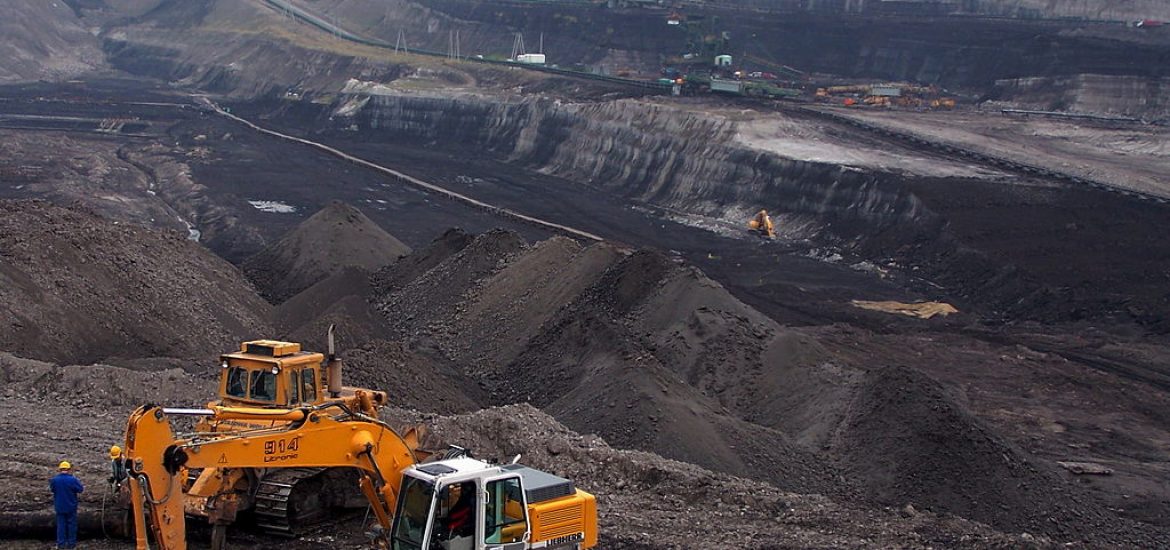
The UN climate talks in Poland have agreed rules on how nations can cut greenhouse gas emissions but environmentalists and countries calling for more ambitious climate goals remain frustrated.
Negotiators also delayed decisions on two other climate issues until 2019 in an effort to get a deal.
Michal Kurtyka, Poland’s president of the COP24 talks in the Silesian mining hub of Katowice, told the Polish media: “I hope Katowice will become a historic place for global climate policy, in the same way as Kyoto and Paris.
“So it’s a success for all humanity,” Kurtyka said, who is also Poland’s deputy environment minister.
But the Paris climate agreement was built on unity that has since been undermined by a wave of new populist governments placing national agendas before collective action.
Few national leaders attended the 24th Conference of the Parties to the United Nations Framework Convention on Climate Change (COP24) in Katowice.
“Political will is missing but it provides the hooks for governments, cities, businesses, civil society etc to do the work to get [to climate targets],” said Alden Meyer of the Union of Concerned Scientists, a science advocacy group.
The Polish government is keen to hail the event’s successes.
Prime Minister Mateusz Morawiecki told international leaders that coal-dependent Poland was among nations leading the way in efforts to stop global warming.
He said 65 countries last week supported the Polish-drafted “Forests for Climate” initiative, which aims to increase the role of forests in combating climate change.
The United States, set to withdraw from the UN process in 2020 on the orders of Donald Trump, appeared keen to derail the talks by staging an event promoting “clean coal”, while Trump called the Paris deal “ridiculous”.
The recent Intergovernmental Panel on Climate Change report said the share of coal-fuelled power would have to be cut to under 2 per cent by 2050, along with significant reductions to other fossil fuels, to stop temperatures rising more than 1.5°C.
The US, Saudi Arabia, Russia and Kuwait refused to “welcome” the report. However, the final statement welcomed the report’s timely completion and invited nations to use its data.
China was praised for helping to overcome claims, especially from Washington, that it would fail to enforce any rules.
“I think they have come a long way in recognising they need to provide confidence,” said Jennifer Morgan of Greenpeace International.
Poland, the event’s hosts, is responsible for damaging air pollution, largely because of its dependence on coal. Picture credit: Wikimedia





